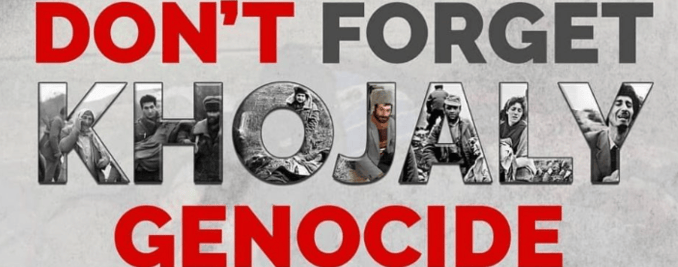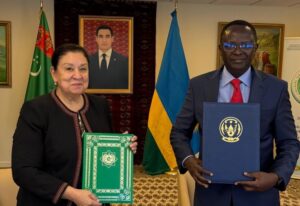Algerian President Tebboune Re-Elected with 95% of the Vote

Algiers, The Gulf Observer: Abdelmadjid Tebboune has been re-elected as Algeria’s president with nearly 95 percent of the vote, the country’s electoral authority (ANIE) announced. In a press conference held on Sunday, ANIE head Mohamed Charfi revealed that out of 5,630,000 recorded voters, 5,320,000 cast their ballots in favor of the independent candidate Tebboune, giving him 94.65 percent of the vote.
Tebboune, 78, had been widely expected to secure a second term, easily defeating his two main rivals—moderate Abdelaali Hassani, 57, and socialist Youcef Aouchiche, 41. “The election was marked by broad transparency,” Charfi stated, adding that it “reflected the electoral maturity of the people.” However, no official turnout rate was provided, a key aspect observers noted as one of Tebboune’s major challenges in an election where his victory was considered certain.
The re-elected president had aimed for a higher turnout compared to the 2019 election, during which he won amid widespread boycotts and the Hirak pro-democracy protests. At that time, voter abstention exceeded 60 percent, casting a shadow over Tebboune’s mandate. While ANIE had reported an “average turnout” of 48 percent earlier on election day, the authority did not release final participation figures, and voting was extended by one hour in an effort to encourage more voters to participate.
ANIE had previously recorded a 26 percent voter turnout by 5:00 pm, down from 33 percent at the same point in the 2019 election.
In response to the electoral authority’s announcement, Abdelaali Hassani’s campaign questioned the provisional turnout, calling it “strange” and condemning alleged efforts to inflate voter participation. Hassani leads the Movement of Society for Peace, while Aouchiche represents the Socialist Forces Front.
Tebboune’s re-election signals continuity in Algeria’s leadership, but questions about voter engagement and turnout remain a significant topic of discussion in the country’s political landscape.



